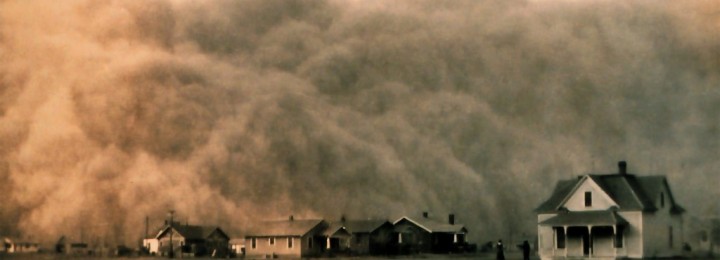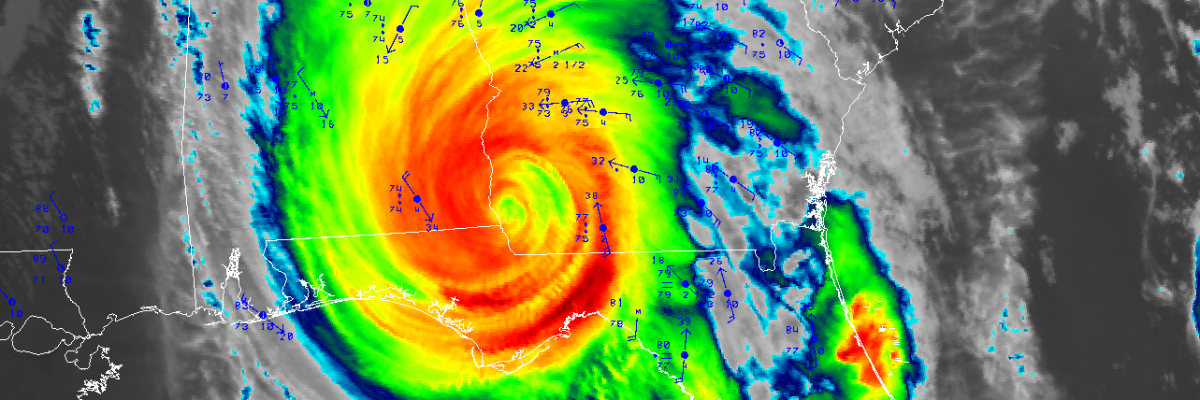History
-

As always, there are many stories being published about climate and agriculture in the news. Here are some of the latest interesting ones I have read. They cover a variety of topics from cloud seeding to atmospheric optics to water quality impacts on eagles (featuring work by UGA professor Susan Wilde). The Guardian: US states…
-

In the 1930s, tremendous dust storms blew across the Great Plains, with some dust reaching all the way to Washington DC. It has been attributed partially to climate variability and partly to land management patterns which plowed up the fields and left them bare, which made them vulnerable to strong winds. A change in the…
-

On Twitter today, I found a reference to an interesting set of National Weather Service reports that describe past extreme weather events, including a number in the Southeast such as large hurricane events like Michael and Katrina and tornado outbreaks such as the major outbreak of 2011. These reports are geared toward both describing the…
-

In the course of answering a question for a friend on Facebook, I noticed that February 4-5, 1917 produced a very cold and widespread Arctic outbreak. Instead of looking at the weather records this time, I took a look at some of the historical newspaper reports of the outbreak. Here are some screen shots from…
-

If you’ve ever wondered what the winter was like the year you were born, Stacker has put together a slide show that lists the winter conditions for each year from 1921 on (sorry if you are older than that). I did notice that they are defining winter pretty loosely, since I think of winter as…
-

If you like clouds and good stories, you might want to check out this recent podcast from the New York Times which talks about the Cloud Appreciation Society and how they were able crowdsource observations of clouds to get a new type of cloud named. The cloud type is “Asperitas” and was formerly called “Undulatus…
-

On January 27, 1940, Georgia’s coldest temperature on record was set in northwestern Georgia in an area known as “The Pocket.” A combination of frigid air, calm conditions, and fresh snow cover along with terrain that trapped the icy air in the region led to the record low, which occurred at CCC camp 17. Since…